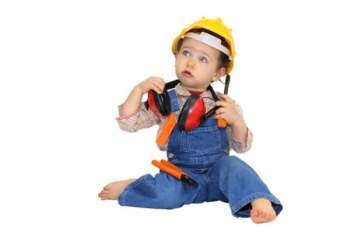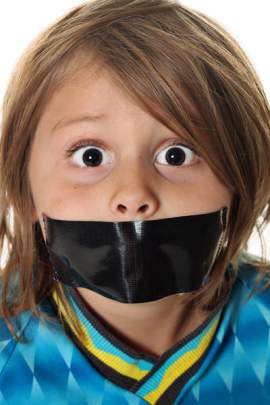
Child Labor

What constitutes Child Labor?
Child labor refers to the sustained employment of minors. The practice of employing children is ruled as exploitative by many organizations and as a result child labor practices are illegal in the majority of developed nations.
Children are typically employed as a cost-efficient means; child workers are paid below minimum wage and stricken to unsuitable working environments. These characteristics enabled corporations to continue production while cutting costs in the form of decreased wages and diminished working environments.Child labor was utilized to varying extents, but became an issue of fervent debate, through the general advancement of human rights.
During the Industrial Revolution, employers and governmental bodies grew conscious of working environments and employee rights. This newfound sentimenteventually paved the way for the creation of children’s rights.
Any employer who hires a youth under the age of majority will be considered a participant in child labor. This framework is not meant to discourage high school students or those under the age of 18 from seeking employment; child labor laws inspect not only the age of the worker, but the conditions, wages and hours which they work under. Furthermore, child labor laws were instituted to dissuade those corporations or employers from impeding a child in his or her educational quest; typically employers who engage in illegal child labor, prevent a youth from seeking education, which in turn, prevents them from achieving their individual goals in the future.
According to the United Nations, a minor, is considered any person under the age of 18. This definition will vary based on jurisdiction, but the term “sustained labor” universally refers to any form of full time employment. To be considered child labor (as oppose to simple work experience), the child must be impeded from attending school because of a demanding work schedule.
Problems with Child Labor
Based on the law of the United States, minors are not empowered to make independent choices, so as a result, the majority of children engaged in child labor are forced into their employment. Those typically besieged bychild labor are exploited for their work and their low pay requirements. In these instances of unjust enforcement, child labor is more closely aligned with slavery than generic work experience.
The wages earned (if any at all) are typically not kept by the children, but instead, delivered to their family members. Child labor is prevalent in poverty-stricken areas; a family will seek work for their child to add an income-earner to the household.
Child labor often forced children to work obscene hours—employment that commonly extended beyond 15 hours a day. Such a work schedule impeded children from seeking an education and thus achieving advancement in desired future prospects. Furthermore, the working conditions were often inhumane and dangerous for child workers.
Laws Associated with Child Labor
The United States (along with other developed nations) instituted a series of laws to protect children against inhumane employment. Child labor, due to the poor working conditions and exhausting hours, is a dangerous activity. Not only does child labor impede a youth’s growth, but constant exposure to poor working conditions and gases or fumes typically aligned with the manufacturing business, could physically damage a child’s health.
Child labor laws instituted a cap on the amount of hours a child can work. These laws which are instituted by the United States Federal Government distribute liability to the employer taking part in such a predatory practice.
Child labor laws are classified based on industry, age, and the presence of hazardous vs. non-hazardous materials. These laws also instituted time limits for child workers as well as minimum wage requirements. A failure to follow these laws will result in criminal charges and the termination of the respective service or business.
NEXT: Child Labour





















